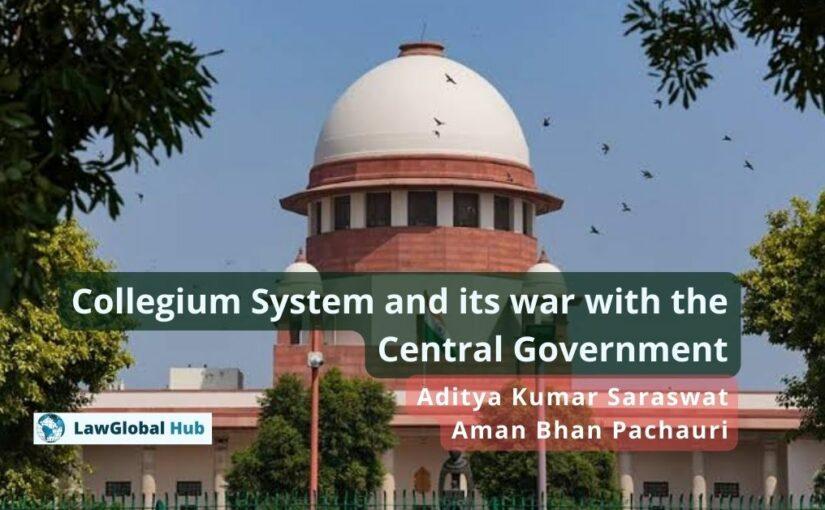Category: India
-
Section 5 Indian Penal Code Section 5 of the Indian Penal Code 1860 is about Certain laws not to be affected by this Act. It is under PREAMBLE of CHAPTER I of the Code. CHAPTER I is titled INTRODUCTION. Certain laws not to be affected by this Act Nothing in this Act shall affect the provisions of any Act for…
-
Section 4 Indian Penal Code Section 4 of the Indian Penal Code 1860 is about Extension of Code to extra-territorial offences. It is under PREAMBLE of CHAPTER I of the Code. CHAPTER I is titled INTRODUCTION. Extension of Code to extra-territorial offences The provisions of this Code apply also to any offence committed by [(1) any citizen of India in…
-
Section 3 Indian Penal Code (IPC) Section 3 of the Indian Penal Code 1860 is about Punishment of offences committed beyond, but which by law may be tried within, India. It is under PREAMBLE of CHAPTER I of the Code. CHAPTER I is titled INTRODUCTION. Punishment of offences committed beyond, but which by law may be tried within, India Any…
-
Section 2 Indian Penal Code (IPC) Section 2 of the Indian Penal Code 1860 is about Punishment of offences committed within India It is under PREAMBLE of CHAPTER I of the Code. CHAPTER I is titled INTRODUCTION. Punishment of offences committed within India Every person shall be liable to punishment under this Code and not otherwise for every act or…
-
Section 1 Indian Penal Code Section 1 of the Indian Penal Code 1860 is about Title and extent of operation of the Code. It is under PREAMBLE of CHAPTER I of the Code. CHAPTER I is titled INTRODUCTION. Title and extent of operation of the Code. This Act shall be called the Indian Penal Code, and shall [extend to the whole…
-
Collegium System and its war with the Central Government “No institution in ‘democracy’ is perfect” -CJI DY Chandrachud The Collegium system is the most debatable topic from the time of its origin. This system has emerged from the various judicial pronouncements of the Supreme Court. A huge amount of criticism has been faced by the…
-
Case Comment Shruti Vora v. SEBI Introduction For the wholesome management and functioning of a corporate organisation, transparency, openness and disclosure are its fundamentals. And to achieve these qualities, it is essential to keep a fiduciary relationship among the members, managers, and stakeholders of the organisation. Good governance attracts the investors and increases their reliance…
-
Indian Patents Act 1970 Indian Patents Act 1970 is an Act to amend and consolidate the law relating to patents. It was established in 1970 and came into effect on April 20, 1972, along with the Patent Rules 1972. Arrangement of Sections CHAPTER I – PRELIMINARY Section 1. Short title, extent and commencementSection 2. Definitions…
-
Click – Indian Patents Act 1970 ↓ OTHER INDIAN LAWS 1. Short title, extent and commencement 2. Definitions and interpretation 3. What are not inventions 4. Inventions relating to atomic energy not patentable. 5. Omitted. 6. Persons entitled to apply for patents 7. Form of application. 8. Information and undertaking regarding foreign applications. 9. Provisional…
-
Click – Indian Patents Act 1970 ↓ OTHER INDIAN LAWS 1. Short title, extent and commencement 2. Definitions and interpretation 3. What are not inventions 4. Inventions relating to atomic energy not patentable. 5. Omitted. 6. Persons entitled to apply for patents 7. Form of application. 8. Information and undertaking regarding foreign applications. 9. Provisional…

